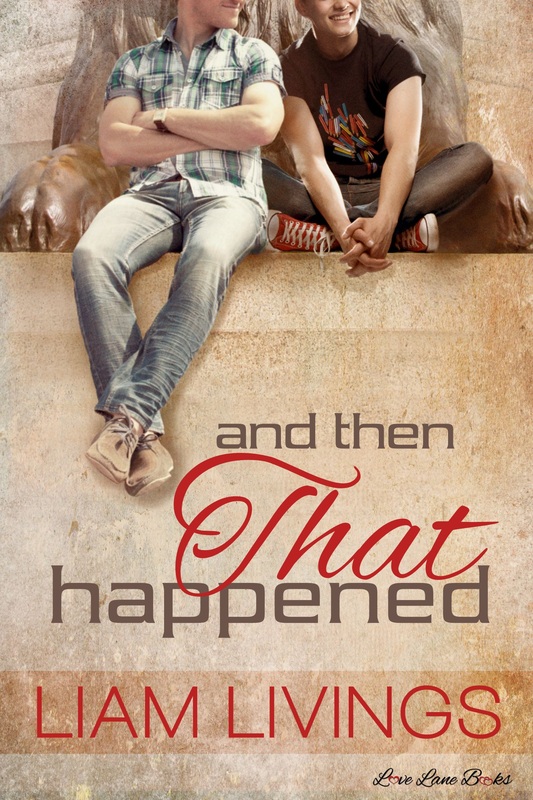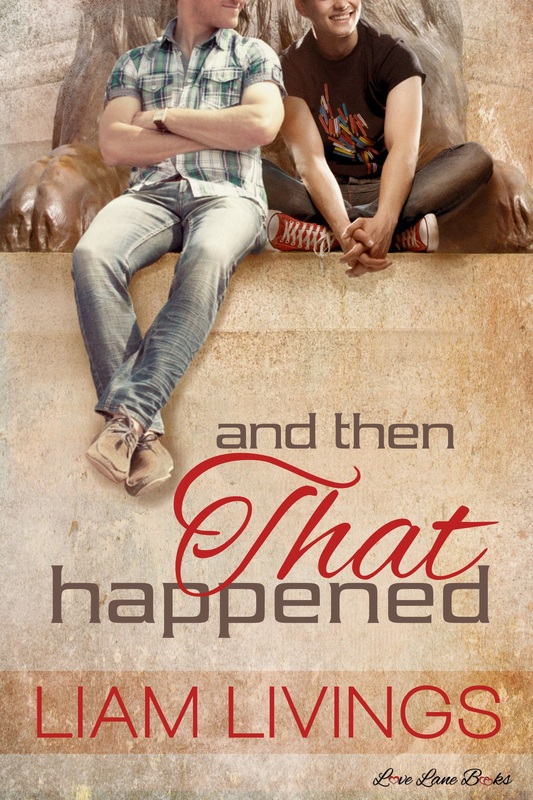This year, I wasn’t sure which project to write, but since I’d written Kev Friends Perfect book 1 in August, book 2 in October (I had September ‘off’ self-editing The Guardian Angel, I decided to write Kev book 3 in November. Kev has been such fun to write. He’s a wonderfully strong character and he has this habit of getting himself in awful scrapes (and a penchant for workmen with capacious vans) and terrible situations – but he’s lovely with it. And always with such gusto, enthusiasm and fearlessness. Anyway, I digress...
So I wrote Kev book 3, which came out at 61,254 words. If you want to know more about how I write generally, it's based on Rachel Aaron's technique.
Looking back through my progress sheet – it helps me keep my word count spreadsheet updated, don’t hate or judge me please – it went something like this:
Week 1 (although November started the previous weekend, this was my first week as I didn’t write due to spending time with The Northern Gays in Warrington and Salford.
- 3 November – planning the whole story with my Post it notes method (didn’t need much in the way of character biogs as it was a continuation of a series. I wrote character biogs for new characters as they came up in the story.) 6040
- 4 Nov – 6283
- 5 Nov – 6474
- 6 Nov – 6277
- 7 Nov – 4004 – I was starting to run out of steam at this point, the end of a long week of writing, and *life* too
Week 2
- 10 Nov – 4312
- 12 Nov – 3019 – definitely flagging at this point. I was well into the ‘post 20k words quagmire’ and as usual at that point thinking it was awful, pointless and I simply must stop. But, as Clara Bell, an Aga saga author who runs a writers group from my coming shortly story, The Wrong Room said, ‘Onward, onward always onward.’ And so I did.
- 13 Nov – 7033 – I powered through the doubts and wrote, wrote, wrote like the wind. The doubts continued, but I pushed them to one side and didn't allow them to stop me writing.
- 14 Nov – 4220 – running out of steam a bit after a long week, I think.
Week 3
- 17 Nov – 4029 – my total was 51691 so *officially* I’d won at this point, but I still had a few more pages of Post it notes to write, so ‘onward, onwards’ I went.
- 18 Nov – 3112 *shrugs* just one of those days I suppose
- 19 Nov – 4288 – the end in sight
- 21 Nov – I had written to the end of the Post it notes, but hadn’t reached the end of the story. I planned another 6 Post it note scenes, and then wrote them – 2153.
And then, because I must be a little bit insane, and am definitely very odd, I planned very roughly book 4 of Kev’s trilogy. (If Douglas Adams can have a trilogy in five parts, I'm gonna give it a go too). I know how it all ends up for him (happily obvs) but the end of book 3 is still quite a few years away from that. Hence book 4 appeared on the horizon, winking at me and jangling some keys to a beat up Transit van. I’m not yet at the Post it note planning stage, but I’ve a rough start, middle and end, and a timeline. But that will wait until sometime in 2015.
My stats
- I wrote for 13 days which was an average of 4711 per day.
- I wrote in bursts of 30mins – no internet, no distractions, having planned where I was going.
- Some days I fitted in more bursts of 30mins than others – because, well, life happened.
- Some days the words flowed, others, not so much.
So, what have I learned?
- I like a deadline and a challenge.
- I respond well to a target word count per week – I prefer weekly than daily as it gives you more flexibility if and when life happens. I gave myself a word target for each week, and carved out time to write, and I met that target.
- Rest. You'll see I didn't write every day. I couldn't. After spewing 29,000 words onto the page in week 1 I didn't want to look at my laptop at the weekend. I wrote between 4 and 5 words per week. Rest is good, it gives the unconscious brain a chance to recharge. Rest is good. You don't need to be doing stuff all the time. I read, watched TV, walked, cooked, saw friends. And the following week I was ready to jump on that week's word target like a hungry cat on a rat.
- I watched about an hour’s less TV each evening when I wrote. I didn’t miss anything. I still spent time talking to my BF and socialised during November.
- Preparation is key: Write blogs you want to post during the month in advance, then just post them; Eat simple meals – don’t expect to do a day of *life* then make an elaborate dinner, then write 4000 words. We ate soup and prepared meals we’d made at the weekends.
- When you reach the post 20k *AAAHHHGGGs* write through them. Forge onward. Don’t stop. I’ve spoken to lots of other writers, and very many (not all, but nearly all) get to this stage. It’s once the shiny new idea syndrome has worn off, and you’re well into the *work* of writing the story down, flogging through your plan, or however you first draft, and it’s so easy to abandon it for another now much shinier new idea. DO NOT DO THIS. REACH THE END. EVEN IF IT’S BILGE. GET THERE. You can come back and edit it to be less bilge (and trust me, it’s normally not that bad on second look). You can’t edit a blank page.
- If you reach a part when you can’t write the scene, write a line of xxxx and (they have an argument) or whatever needs to happen, and move onto the next scene you can write.
- If when you come back, you *still* can’t write that argument scene, leave it, write on, until the end, and if you still can’t write it, leave it for your own edits. You never know you may not need that scene. Sometimes I’ve struggled with scenes, but when I stood back and thought about what needed to happen, why I needed that scene, I struggled. The post it note went in the bin and the scene wasn’t written. Each scene should move the plot (in all the elements of plot there are) forward. Not just be there *because it’s nice*. I’ve read books that were a series of chapters like that – beautifully written prose, wonderful long descriptions, endless conversations with characters about terribly intelligent things. But basically, NOTHING HAPPENED. They didn’t move the story forward. John Grisham doesn’t have chapters like that. Readers skip stuff like that. Don’t write the stuff that readers skip. (This, I fear, is sadly why I struggle to read many classic books. I can not bear pages of description about a horse and cart crossing a field, and a woman’s rosy cheeks as she held a pint of frothy mead. TELL ME THE STORY. WHAT IS HAPPENING? WHO’S SAYING WHAT TO WHOM? Cold Comfort Farm by Stella Gibbons does a wonderful job of satirising that sort of novel (while telling a fabulous story too btw, but more of that’s not for now.)
How did you do for Nanowrimo? Readers, did this phenomenon pass you by, or were you cheering from the sidelines to your author friends? I’d love to hear from you.
Until next time,
Liam Livings xx




 RSS Feed
RSS Feed
